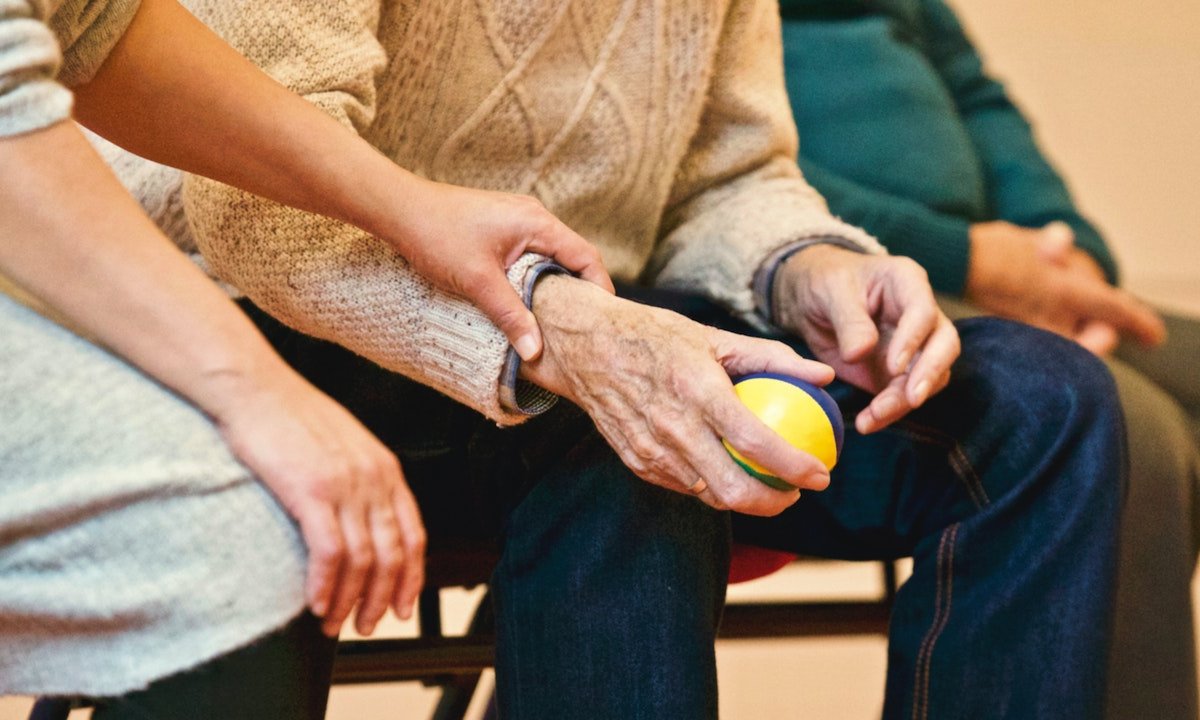
Fatty liver disease is a common disease that causes severe complications in the later stages.
< br>
A healthy liver should not contain fat. However, it is estimated that one in three people in the UK has early stages of non-alcoholic fatty liver disease (NAFLD), when there is little fat in the liver. Since symptoms are rare in these stages, the disease often goes unnoticed until liver damage has become extensive.
Muscular atrophy is considered one of the “major complications” of end-stage liver disease.
Muscle wasting is defined as progressive and generalized loss of muscle mass.
Kidney transplantation from HIV-positive donors may be safe
“Muscle wasting is a common feature of chronic liver disease, found in about 40 percent of patients with cirrhosis. Liver cirrhosis is a critical health problem associated with several complications, including skeletal muscle atrophy, which adversely affects patients' clinical outcomes regardless of their liver function. However, the exact mechanism underlying muscle atrophy caused by liver cirrhosis has not been elucidated, ”hepatologist Alla Yuzhnova says specifically for MedikForum.
One of the main causes of muscle atrophy in liver cirrhosis is the entry of patients into the catabolic phase overnight. This stage of fasting occurs four to twelve hours after a meal due to limited glycogen stores in the liver.
Bioengineers have made significant progress in growing organs for transplantation
When the body enters a catabolic state, it breaks down or loses overall mass of both fat and muscle. Impaired muscle protein synthesis is also believed to contribute to the progression of muscle wasting in liver disease.
Other potential causes may be nausea and early satiety caused by accumulation of ascites, or impaired intestinal motility that contributes to inadequate nutrient intake in these patients.
Finally, another important component of reduced intestinal absorption in these patients is indigestion.
MedicalForum has previously written about who should not drink green tea.
br>
Important! Information provided for reference purposes. Ask a specialist about contraindications and side effects and under no circumstances self-medicate. At the first sign of illness, consult a doctor.
